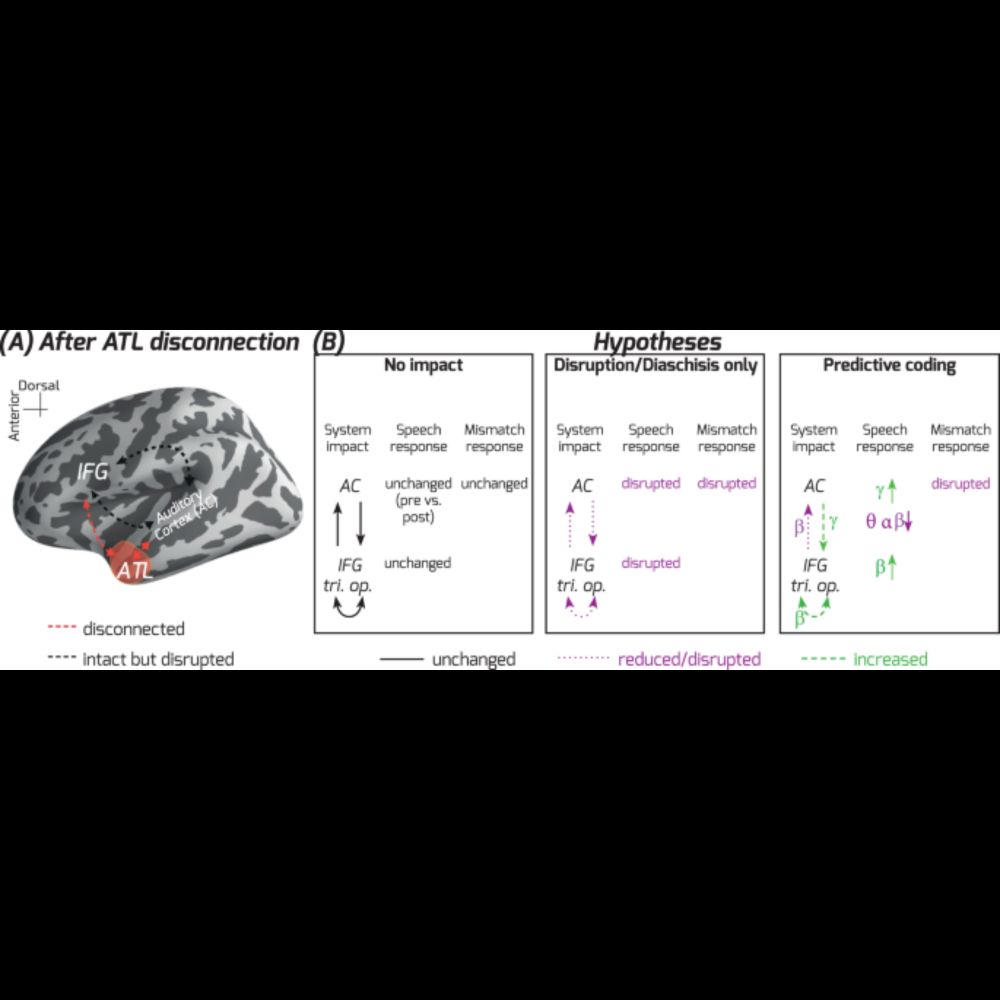We show that deviance detection in auditory cortex conveys the theorised comparison of internal prediction to sensory input. Our data confirm this key assumtion that links theoretical models of sensory processing to experimental data.
www.biorxiv.org/content/10.6...

We show that deviance detection in auditory cortex conveys the theorised comparison of internal prediction to sensory input. Our data confirm this key assumtion that links theoretical models of sensory processing to experimental data.
www.biorxiv.org/content/10.6...

In this tutorial, we describe how to acquire and analyse gastric data from human participants. Plus FREE software! Read it here: arxiv.org/abs/2509.17260


In this tutorial, we describe how to acquire and analyse gastric data from human participants. Plus FREE software! Read it here: arxiv.org/abs/2509.17260
In our @natneuro.nature.com paper, we demonstrate that about 40% of voxels with robust BOLD responses exhibit opposite oxygen metabolism, revealing two distinct hemodynamic modes.
rdcu.be/eUPO8
funds @erc.europa.eu
#neuroskyence 🧵:

In our @natneuro.nature.com paper, we demonstrate that about 40% of voxels with robust BOLD responses exhibit opposite oxygen metabolism, revealing two distinct hemodynamic modes.
rdcu.be/eUPO8
funds @erc.europa.eu
#neuroskyence 🧵:

Fundamental Principles of Linguistic Structure Are Not Represented by ChatGPT
bioling.psychopen.eu/index.php/bi...

Fundamental Principles of Linguistic Structure Are Not Represented by ChatGPT
bioling.psychopen.eu/index.php/bi...
@alexjbillig.bsky.social) & I have just published a case report of acquired misophonia & amusia following right temporal resection (including posterior insula). This represents the first case of acquired misophonia. Please find the paper freely accessible below🧠📈
@joelberger.bsky.social
: a very rare case of acquired misophonia and amusia following right temporal resection: www.sciencedirect.com/science/arti... (and free til mid-Jan here: authors.elsevier.com/c/1mAun1M5IZ...)

@alexjbillig.bsky.social) & I have just published a case report of acquired misophonia & amusia following right temporal resection (including posterior insula). This represents the first case of acquired misophonia. Please find the paper freely accessible below🧠📈
bsky.app/profile/did:...
bsky.app/profile/did:...
I'm very grateful to our patients, my co-authors and the funders. And to anyone who reads it :-) 🧠📈🧵👇(1/5)
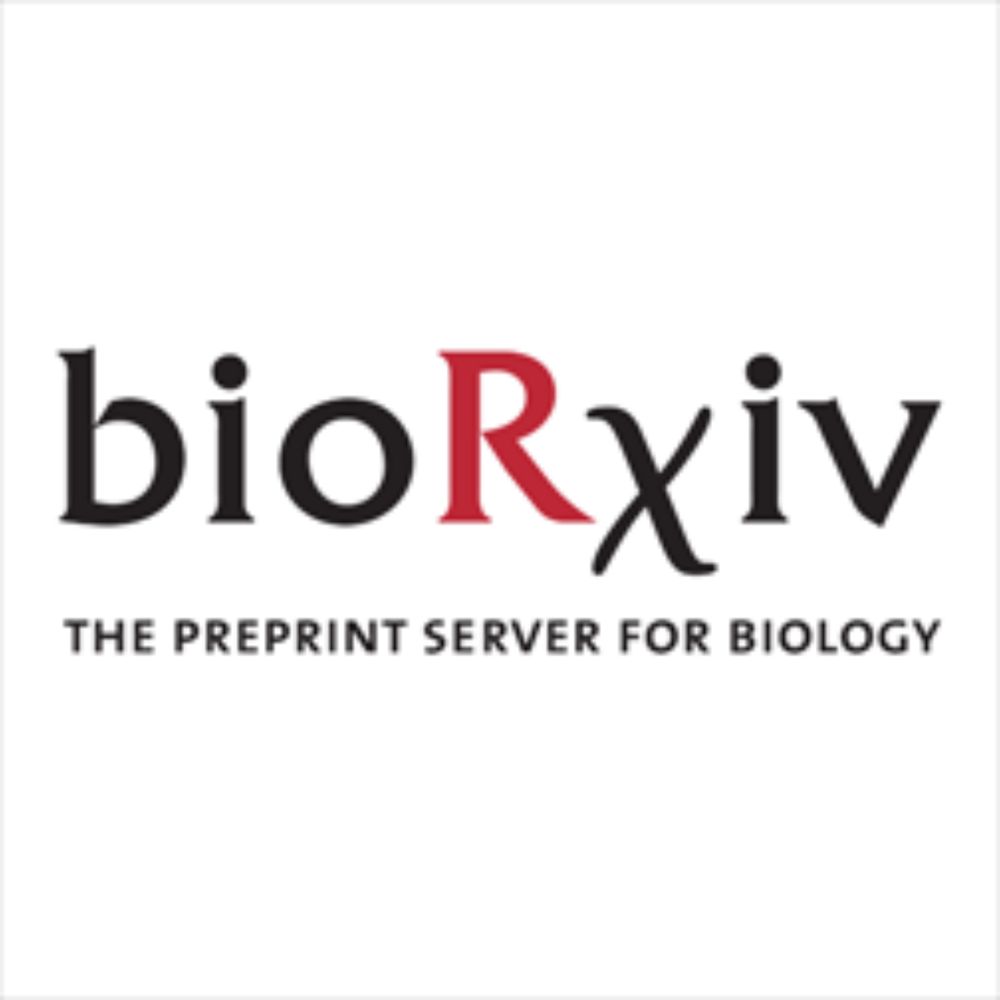
I'm very grateful to our patients, my co-authors and the funders. And to anyone who reads it :-) 🧠📈🧵👇(1/5)
www.biorxiv.org/content/10.1...
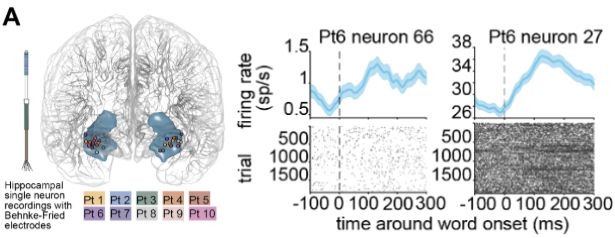
www.biorxiv.org/content/10.1...
🧠📈 #VisionScience 🧠💬
🧵👇
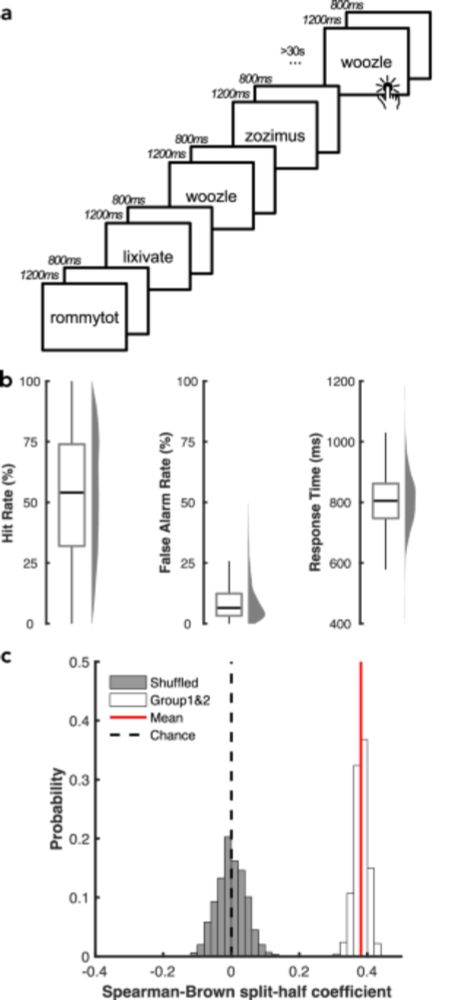
🧠📈 #VisionScience 🧠💬
🧵👇

Despite their varied molecular actions, anesthetics alter brain wave alignment in the same way.
Convergent effects of different anesthetics are due to changes in phase alignment of cortical oscillations
www.biorxiv.org/content/10.1...
#neuroscience
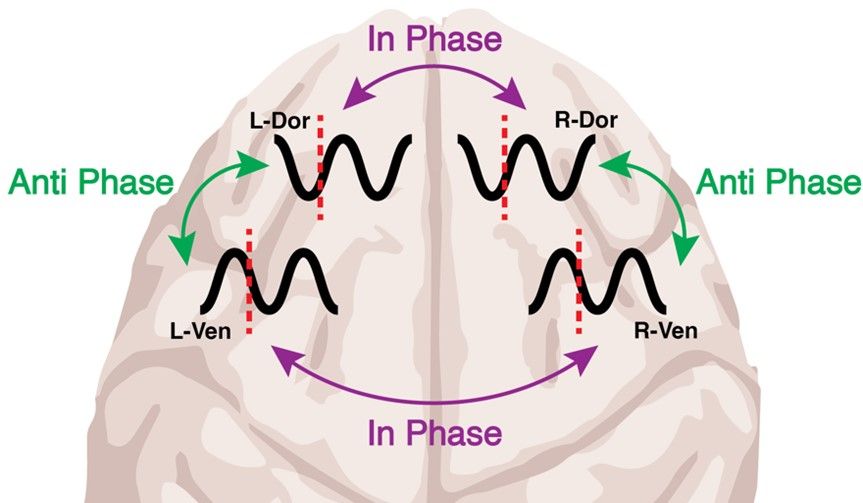
Despite their varied molecular actions, anesthetics alter brain wave alignment in the same way.
Convergent effects of different anesthetics are due to changes in phase alignment of cortical oscillations
www.biorxiv.org/content/10.1...
#neuroscience
🧠📈 #PsychSciSky
🧠📈 #PsychSciSky
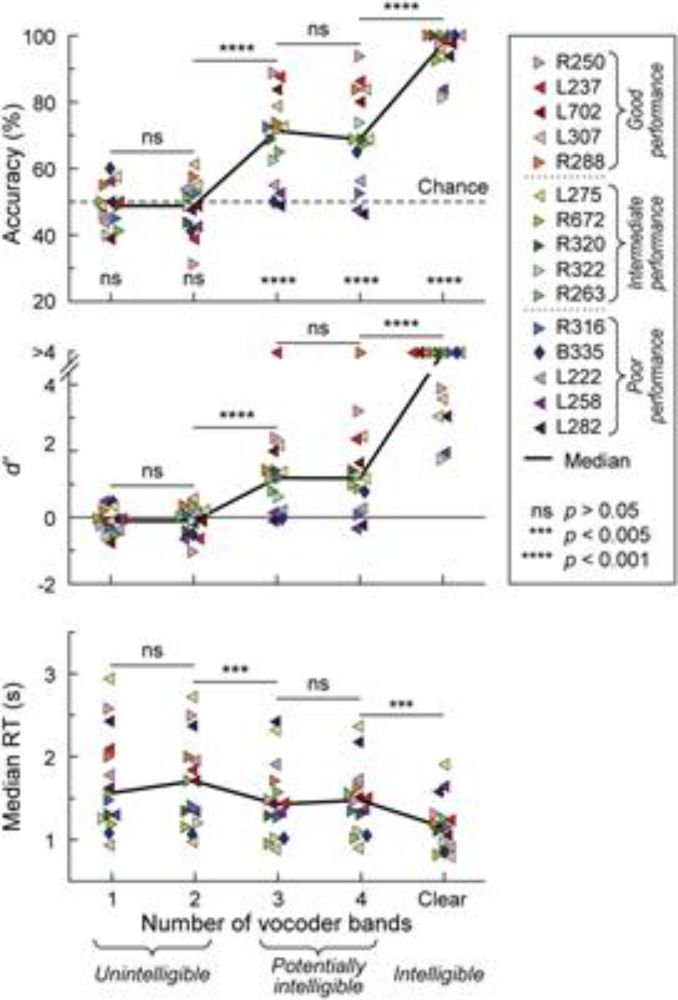
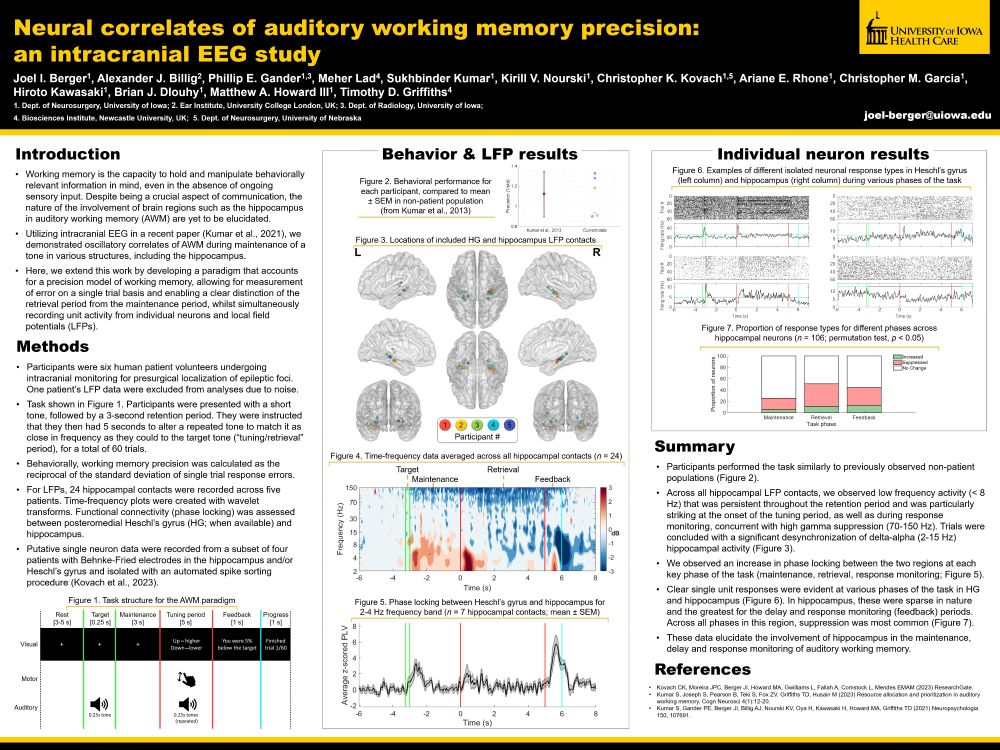
nature.com/articles/s4146…
The thread below outlines our main findings.
nature.com/articles/s4146…
The thread below outlines our main findings.
Slowing of 🧠 activity is not systematically an adverse effect of pathology: it can also be a sign of compensatory activity that preserves cognitive functions.
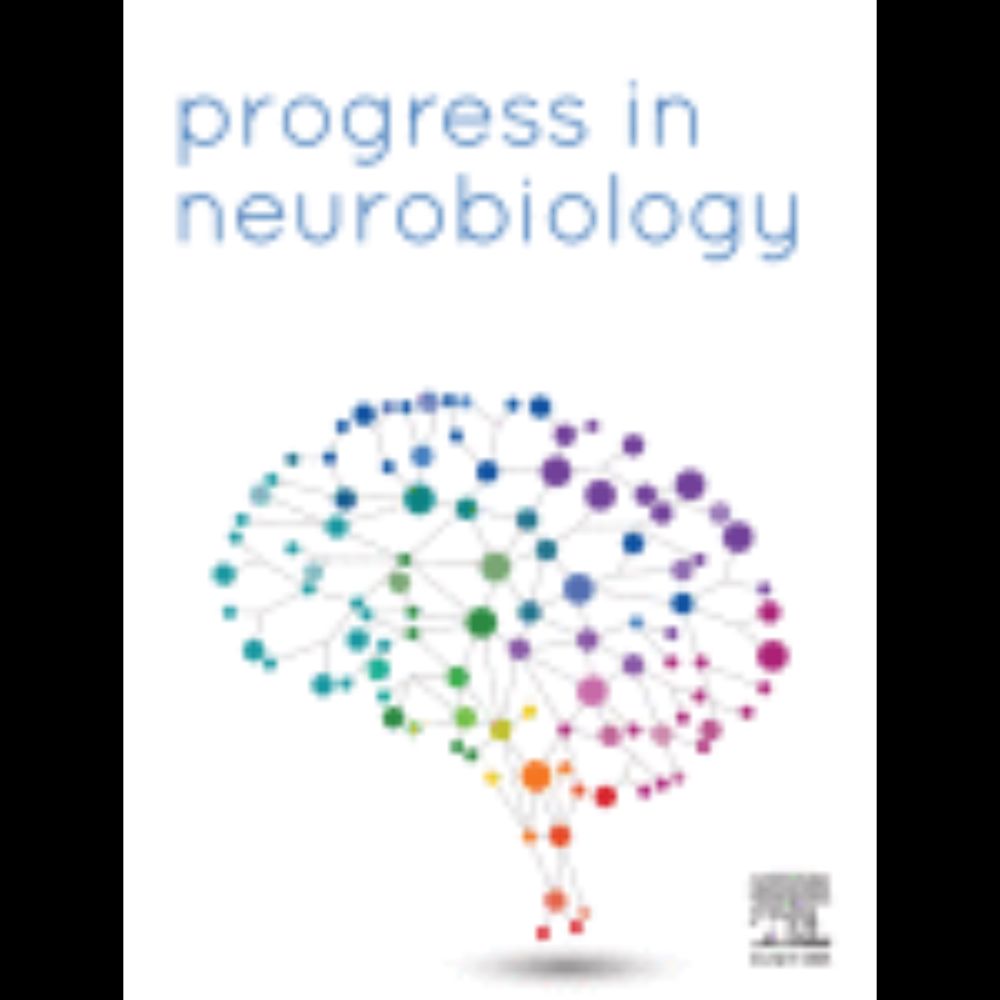
Slowing of 🧠 activity is not systematically an adverse effect of pathology: it can also be a sign of compensatory activity that preserves cognitive functions.
coganlab.org/postdoc23

